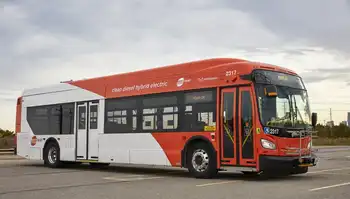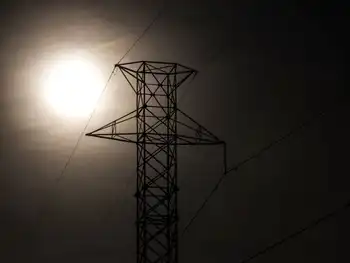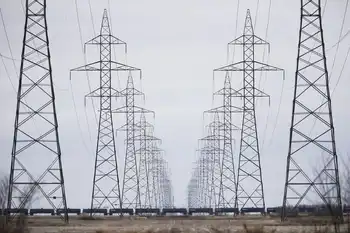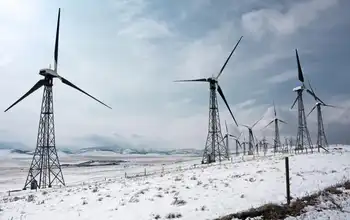PSE steps up efforts against copper thieves
By combining new deterrent technologies with increased law enforcement, PSE has decreased copper thefts from substations by 28 percent and more than doubled the number of arrests by law enforcement since January in the nine counties where the utility provides electric service.
Substations are critical links in the electricity distribution system that switch, change or regulate electric voltage. Once it is generated via dams, wind, solar, natural gas, biomass, or other means, electricity is carried by high-voltage transmission power lines to the areas where it is needed. Before reaching homes and businesses, the high-voltage power is transformed at the substation to a lower voltage that is used by customers.
The new technologies include replacing chain-link fencing around substations with extruded steel fencing – fencing that cannot be cut; and applying data dots – spray-on microscopic labels to copper wire for identification by recycling centers and law enforcement agencies. PSE is also replacing copper with new materials such as copper-weld, a steel line coated in copper, which has virtually no recycle value.
In addition to material deterrence techniques, remote monitoring devices, roving patrols and partnerships with local law enforcement help ensure substations have safeguards to curb theft.
“We have been making improvements in material, technology and partnership deterrents to reduce theft in substations,” said Sue McLain, senior vice president of Operations. “With the extra eyes watching our infrastructure we can call local law enforcement to the scene during the crime – not after it has happened.”
“Copper’s conductive properties make it especially useful in the electrical system,” explained McLain. “Unfortunately, it is also a highly desired commodity right now. With scarce supply and an increased demand on the world market our industry has been a target for thieves.”
Since 2005, copper thefts have cost PSE nearly $500,000, primarily from damage to substations and equipment. A theft of $50 to $100 in copper can cost hundreds of thousands of dollars in electrical system damage.
“The costs are much more than the price of the stolen copper,” said McLain. “It is the damage to the electric system that is significant. And, the life-threatening safety risk to the people stealing the copper is immeasurable.”
In addition to PSEÂ’s efforts, a law requiring recycling companies to maintain detailed transaction records and seller information, as well as making it a misdemeanor for companies to knowingly purchase metals from a person convicted of theft or crimes involving methamphetamine, has been a significant factor in the declining thefts.
The law, which took effect in July, already has helped reduce copper wire thefts at PSEÂ’s substations. Thefts in the South Sound have dropped the most dramatically, with a 65 percent reduction in Pierce County and 70 percent reduction in Thurston County.
The price of copper has risen from 80 cents per pound in 2003 to about $3.50 this year. Nationwide losses to businesses hover around $1 billion, according to the U.S. Department of Energy.
Related News

TTC Introduces Battery Electric Buses
TORONTO - The Toronto Transit Commission (TTC) has embarked on an exciting new chapter in its commitment to sustainability with the introduction of battery-electric buses to its fleet. This strategic move not only highlights the TTC's dedication to reducing its environmental impact but also positions Toronto as a leader in the evolution of public transportation. As cities worldwide strive for greener solutions, the TTC’s initiative stands as a significant milestone toward a more sustainable urban future.
Embracing Green Technology
The decision to integrate battery-electric buses into Toronto's transit system aligns with a growing trend among urban centers to adopt cleaner,…




